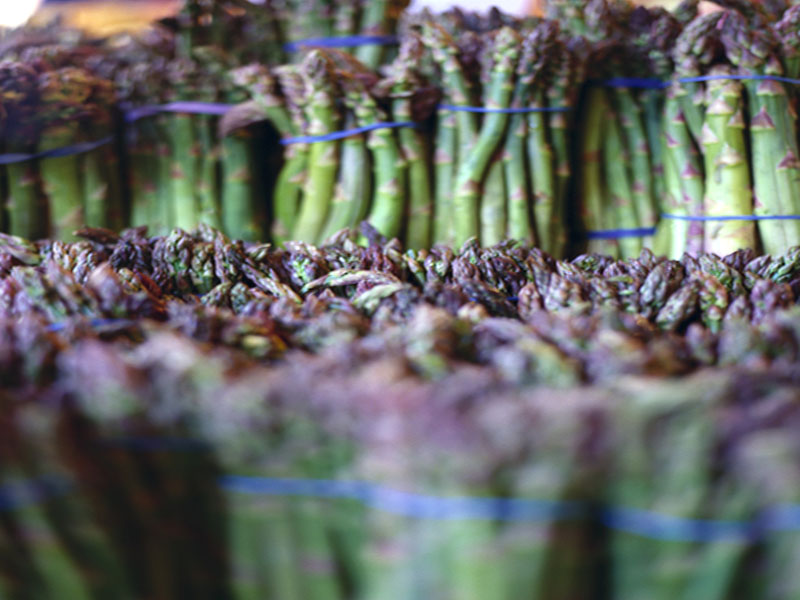
You’ll find plenty of nutrient-enriched flavored waters on grocery shelves, but are they any better for your diet than a glass of water with a squeeze of lemon? Many drinks promise health benefits, from more energy and better exercise performance to a stronger immune system. The latest fad is alkaline water, with claims that its… read on >

















